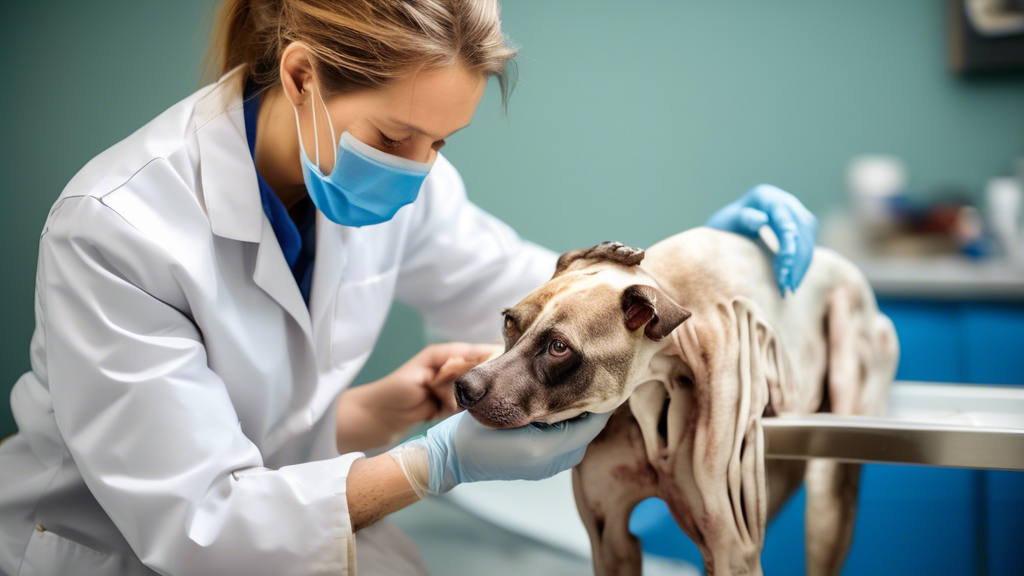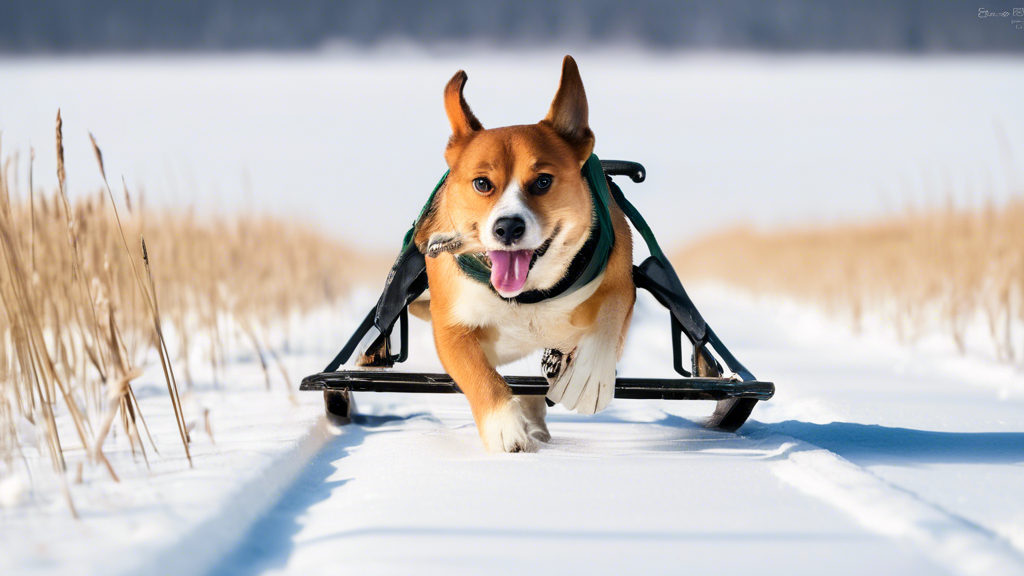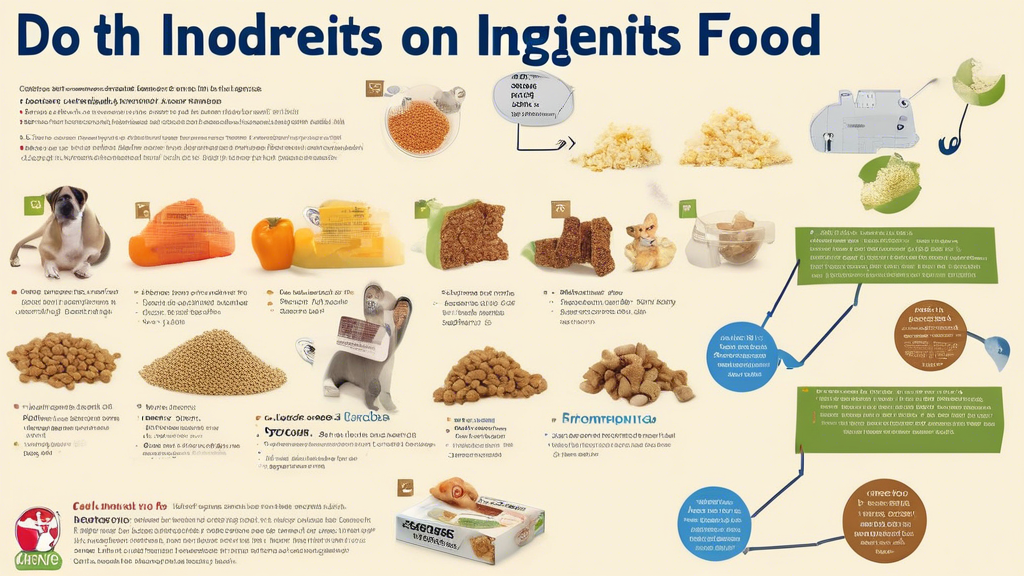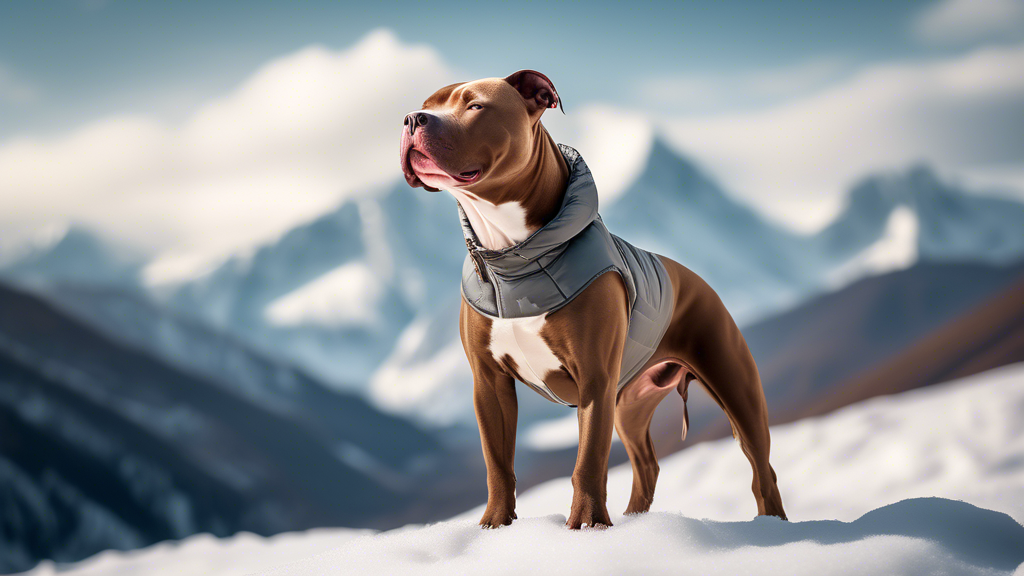**Malnutrition in Dogs: A Comprehensive Guide to Recognizing and Addressing the Issue**
Malnutrition, a prevalent concern in canine health, arises when dogs fail to receive adequate nutrients to sustain their well-being. Identifying malnutrition in your furry companion is crucial for their health, longevity, and quality of life. This article provides a thorough analysis of the telltale signs, symptoms, and underlying causes of malnutrition in dogs, empowering you with the knowledge to recognize and address this condition effectively. Understanding the causes and consequences of malnutrition empowers pet owners to make informed decisions about their dogs’ nutrition, ensuring their optimal well-being.
**Delving into the Signs and Symptoms of Malnutrition**
Malnutrition manifests through a range of physical and behavioral changes that serve as indicators of an underlying nutritional imbalance. Physical signs include significant weight loss, dull and brittle coat, deteriorated skin condition, muscle depletion, and reduced energy levels. Behavioral symptoms may manifest as diminished appetite, pica (abnormal consumption of non-food items), lethargy, and heightened irritability. Prompt recognition of these signs is essential for early intervention and treatment.
## Signs and Symptoms of Malnutrition in Dogs
Recognizing the signs of malnutrition in dogs is crucial for their overall well-being. Here are some physical and behavioral indicators that may suggest nutritional deficiencies:
### Physical Indicators
**1. Weight Loss:**
* Noticeable reduction in body weight, particularly if it occurs rapidly.
* Ribs and spine may become more prominent due to muscle and fat loss.
**2. Dull Coat and Poor Skin Condition:**
* Coat may appear lackluster, dry, or brittle.
* Skin may become flaky, irritated, or infected.
* Hair loss may occur in patches or over the entire body.
**3. Muscle Loss:**
* Muscles may atrophy, making the dog appear thin and weak.
* Difficulty climbing stairs or jumping may be evident.
**4. Lethargy:**
* Marked decrease in energy levels.
* Dog may be less active, showing reduced interest in walks or playtime.
### Behavioral Changes
**1. Decreased Appetite:**
* Loss of interest in food or reluctance to eat.
* Portion sizes may be left unfinished or refused altogether.
**2. Pica (Eating Non-Food Items):**
* Consuming unusual or inedible items, such as dirt, wood, or fabric.
* This behavior is an attempt to compensate for nutritional deficiencies.
**3. Weakness:**
* Noticeable fatigue and difficulty performing daily activities.
* Dog may stumble or fall due to muscle weakness.
**4. Irritability:**
* Increased sensitivity to pain or touch.
* Mood swings or aggressive behavior may be observed.
The #1 Free Source for Pitbull & Bully Pedigrees!

Causes of Malnutrition in Dogs
Dietary Deficiencies:
- Inadequate intake: Feeding an insufficient amount of food or providing a low-calorie diet
- Poor-quality food: Diets lacking essential nutrients, such as protein, carbohydrates, fats, vitamins, and minerals
Gastrointestinal Issues:
- Vomiting: Frequent or severe vomiting can lead to dehydration and loss of electrolytes
- Diarrhea: Persistent diarrhea can cause malnutrition by impairing nutrient absorption
- Malabsorption: Conditions that affect the absorption of nutrients, such as inflammatory bowel disease or parasitic infections
Chronic Diseases:
- Cancer: Malignant tumors can lead to weight loss, cachexia, and anorexia
- Diabetes: Uncontrolled diabetes can cause malnutrition due to increased glucose metabolism and fluid loss
- Liver disease: Liver damage can impair the metabolism and storage of nutrients
Environmental Factors:
- Poverty: Economic hardship can limit access to adequate nutrition for dogs
- Neglect: Intentional or unintentional failure to provide proper care, including feeding
- Lack of access to food: Stray or feral dogs may struggle to find sufficient sources of nutrition
**Conclusion**
Understanding the signs and symptoms of malnutrition in dogs is crucial for their health and well-being. By being aware of these indicators, you can proactively identify and address any potential dietary or underlying health issues. If you suspect your dog may be malnourished, it is essential to consult a veterinarian promptly for diagnosis and treatment.
Regular veterinary checkups, a balanced diet, and proper care can help prevent and manage malnutrition in dogs. By providing your furry friend with the necessary nutrients and addressing any underlying medical conditions, you can ensure their optimal health, vitality, and longevity.













Leave A Comment